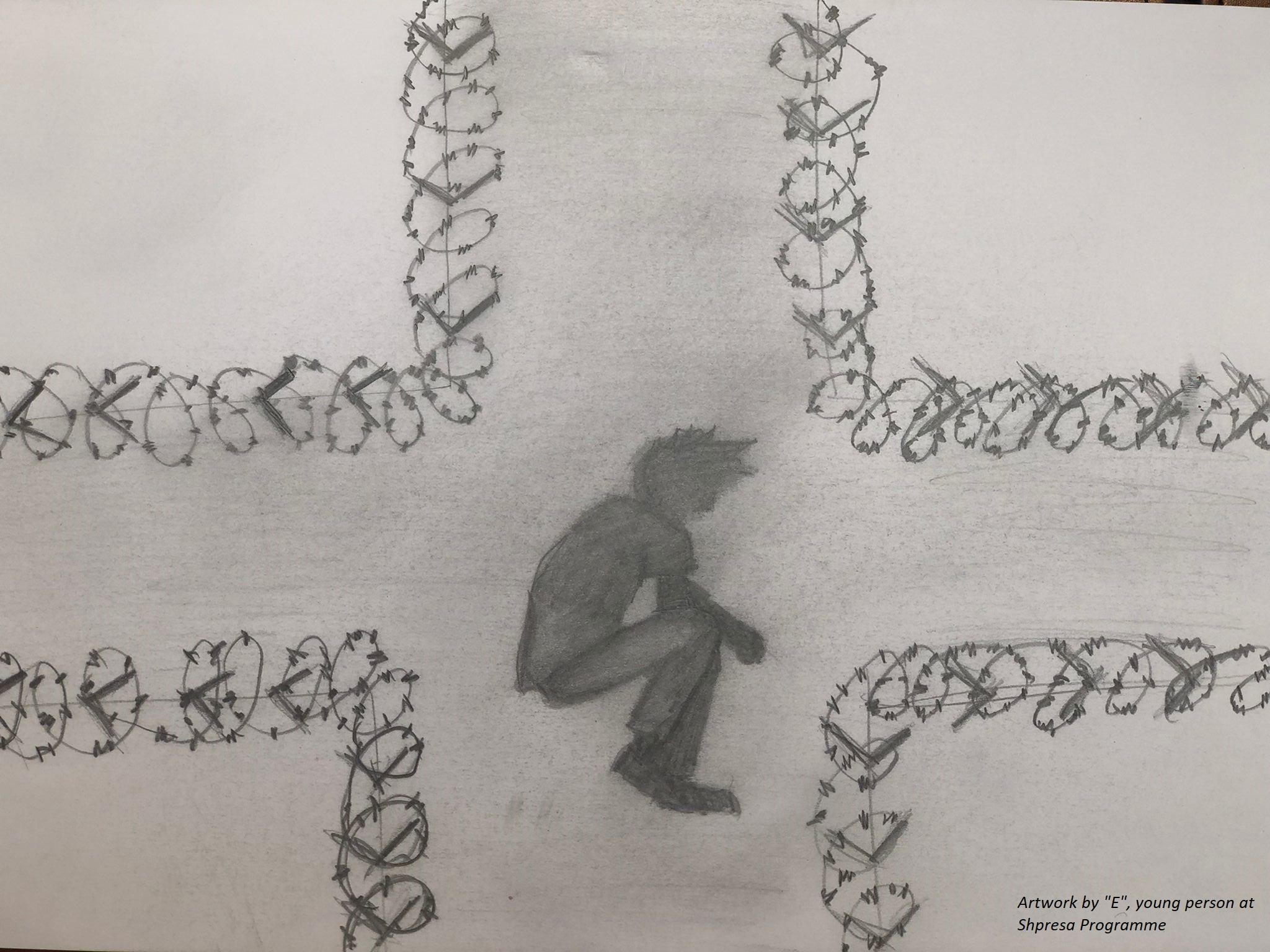The Home Affairs Committee has today published its report looking at migration and asylum in relation to Albania. The report is being cited as having found little evidence to indicate that significant numbers of Albanian nationals are at risk in their own country and require asylum in the UK. We consider the messaging around the report’s findings to be dangerous and potentially undermining of the UK’s fundamental obligation to protect individuals from refoulement to persecution.
We welcome the Home Affairs Committee’s finding that the UK has an obligation to support trafficking victims and that they should only be returned to Albania if appropriate safeguards are in place. We similarly welcome the conclusion that Albania should not be singled out and scapegoated in relation to the UK’s ongoing asylum backlog or overcrowding at immigration processing centres.
We further welcome the finding that some Albanian citizens making asylum claims will have been trafficked. However, we add that it is fundamental to understand that in the majority of cases it will not be safe for such individuals to return, and this also forms the grounds for a valid asylum claim.
Although much evidence has been provided to show how women are at risk from this form of crime, we believe that boys and young men are also at risk, and that due to stigma and lack of recognition of male vulnerability to trafficking, individual consideration of their protection needs must be forefront. The evidence underpinning the government’s own country guidance on trafficking of boys and young men clearly indicates the risk they face[1], and this is supported by the fact that Albanian boys and men have been recognised as genuine victims of trafficking under the UK National Referral Mechanism for the protection of victims of modern slavery at almost the same rate as females[2].
Unsafe
The Home Affairs Committee report finds that Albania is a ‘safe country’ as it is not at war and is a candidate country to join the European Union. However, the Refugee Convention does not require a country to be at war for individuals to face persecution there. Albania has moreover not yet been accepted to join the European Union and country information indicates that the country has significant and longstanding issues related to corruption, trafficking, blood feuds, discrimination and violence against the LGBTQI community, stigma and discrimination against the ethnic Roma and Egyptian communities, gang-related violence, and sexual and domestic violence that the Albanian government appears either unable or unwilling to resolve.
The report finds that there is no clear basis for the UK to ‘routinely accept thousands of asylum applications from Albanian citizens’, but it has never been argued that this should be the case: what is necessary, in accordance with our domestic and international obligations is to consider applicants’ individual circumstances against a backdrop of available protection. A grant rate of 51%, cited in the report, can hardly be said to be routine. We see no reason therefore for such an assertion to be included in the report other than for political reasons.
The implication of the committee’s report seems to be that the government’s own caseworkers, in finding Albanian individuals to be at risk of persecution should they be refouled there, are somehow acting in error. This ignores evidence presented to the committee about how rigorous, challenging and often re-traumatising the asylum determination process is for individuals undergoing assessment of their claims[3].
Comparisons with other countries’ recognition rates is not helpful and should not be a guide, due to their different protection frameworks, different visa regimes (including the Schengen visa scheme which allows Albanians to travel freely within the EU) and different cohorts of migration. We note that in Ireland and Italy, while claims were only in the hundreds, 57% and 65% of Albanian asylum applicants were successful, and countries further afield such as Canada also have higher grant rates for Albanians – 68% for example in 2021[4].
While the majority of those claiming asylum over the last year have not yet had their case determined, we warn that any assertion that Albania is a ‘safe state’ for its nationals is, in our experience, fundamentally flawed. It would be a misrepresentation to insist that there is no risk of persecution for nationals in that state. This only buys into the narrative that Albanians are abusing the system, and supports dangerous arguments that would seek to limit access to individual determination of refugee status. Evidence shows that there are indeed significant numbers of Albanians in the UK who have a valid asylum claim. It is fundamental that their claims be individually assessed, or we risk directly contravening our international and domestic legal obligations by refouling individuals to face persecution.
“I feel scared, not just upset, because maybe they will deport me and people are killed there all the time.”
“You feel so powerless, you don’t know the language, you don’t know the culture and your life depends on this Home Office person and you have no say… You feel you cannot change anything. You cannot change people’s views and the view comes from government, and they are so set against Albanians.”
“Saying that Albanian asylum seekers are lying is just based on subjective opinions and not facts. Just because it is not at war like Afghanistan or Iraq does not mean that it is a safe pace.”
“How do they specify that Albania is a safe country when the government are in hand in hand with criminals. Does that really count as a safe country?”
– Young Albanian asylum seekers
[1] See Albanian trafficked boys and young men: a review of the December 2022 CPIN by David Neale and its addendum: https://miclu.org/assets/uploads/2023/01/Albania-trafficking-CPIN-response.pdf and https://miclu.org/assets/uploads/2023/02/Albania-trafficking-CPIN-addendum.pdf
[2] See: https://miclu.org/analysis-of-home-office-statistics-on-the-national-referral-mechanism_updated-march-2023
[3] https://miclu.org/blog/giving-evidence-about-the-stories-behind-the-headlines
[4] Sources: Eurostat/Migration Observatory/https://www.bbc.co.uk/news/explainers-63473022 and https://www.worlddata.info/europe/albania/asylum.php











